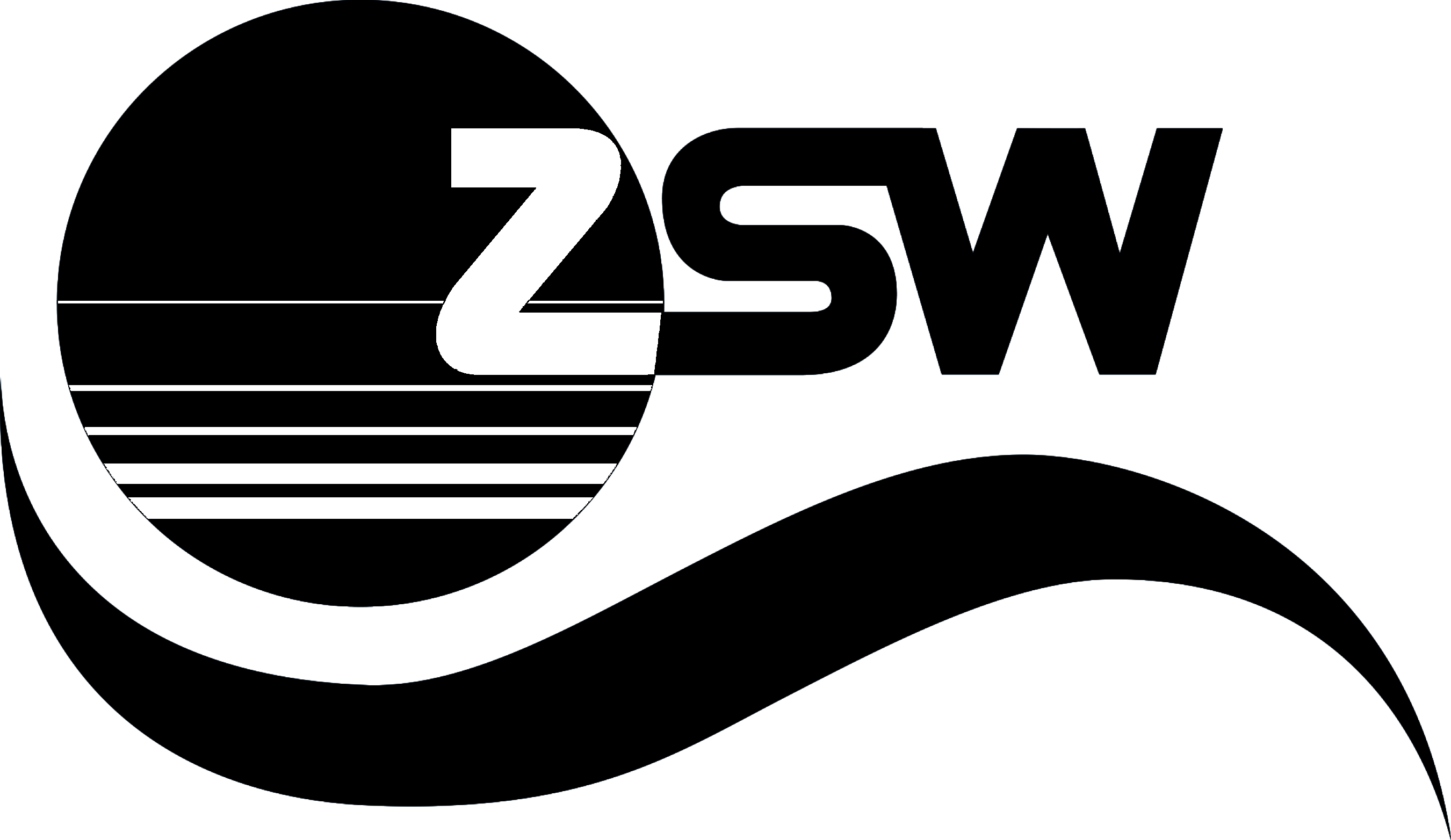April 11th, 2023
Lithium-ion Batteries: New Ecofriendly Process for Mass-manufacturing Nickel-rich Cathodes: The ZSW (Centre for Solar Energy and Hydrogen Research Baden-Württemberg), a partner institute of HIU, produces water-based electrodes and cells on a pilot scale.
Today, all high-performance lithium-ion batteries are made of materials containing a high content of nickel in the cathode mass to increase energy density. The manufacturing process for such high-nickel materials requires toxic solvents and chemicals containing fluorine. Now the ZSW has come up with an ecofriendly, cost-effective alternative for mass-manufacturing cathodes. The Ulm-based researchers first replaced the toxic solvent NMP with water and also found fluorine-free binders. Then they produced nickel-rich cathodes with high specific energy and great longevity. This was done on pilot scale under factory-like conditions. The resulting electrodes were assembled into type 21700 round cells. Proven to retain 80 percent of their initial capacity after 1,000 charge/discharge cycles, they are suitable for use in battery vehicles.
HIU’s partner institute ZSW now produces water-based #electrodes and #cells on a pilot scale: #Lithium–#ion #batteries ? New eco-friendly process for mass-manufacturing nickel-rich #cathodes ? @KITKarlsruhe @CELEST_18 @ClusterPolis @EERA_SET https://t.co/mZwdOGeScf pic.twitter.com/pDh2MmQLbl
— Helmholtz Institute Ulm ???? (@HelmholtzUlm) April 12, 2023
In recent years, there has been considerable progress on a laboratory scale in the water-based production of electrodes containing nickel-rich active materials. However, a proof of concept for mass manufacturing had yet to be put forward. ZSW has now demonstrated this process’s viability on a factory-like scale.
“Our work targets the improvement of electrodes production for lithium-ion batteries to and make it ecofriendly without compromising battery performance,” said Prof. Dr. Markus Hölzle, head of the Electrochemical Energy Technologies Division in Ulm. “Replacing toxic solvents and non-biodegradable fluorine-containing chemicals was instrumental to this end.”
A cost-effective process suitable for industrial use cases
In the course of this research effort, ZSW replaced the standard solvent NMP and the binder mixture PVDF with an aqueous formulation and a fluorine-free binder. This not only has positive ecological impacts; it also reduces the cost of producing cells. The ZSW researchers built on work they had done previously on a milliliter scale.
In an even more important achievement, they also managed to produce electrodes ranging up to some 100 meters in length. This is the first time this has been done. Pre-developed materials were used on a kilogram scale to this end. Also called a pilot scale, this is a key step in scaling-up processes from the milliliter scale in labs to large-scale use cases with magnitudes in cubic meters or tons. ZSW was also able to use the 100-meter electrode strips to produce cylindrical battery cells in 21700 format. For example, automaker Tesla uses this cell format in its Model 3 vehicle and such battery cells are also suitable for e-bikes or power-tools.
The batteries produced with this new process contain a highly active cathode material with 83 percent nickel by weight and with graphite on the opposite side – that is, the negative pole or anode. The cells were charged and discharged 1,000 times at 25 degrees Celsius before their energy content dipped below 80 percent. Expressed as driving distance, this would be at least 200,000 kilometers for the sizes of batteries typically installed in contemporary electric vehicles.
“We are significantly reducing the environmental footprint of lithium-ion batteries with our new production process,” adds Dr. Margret Wohlfarth-Mehrens, head of the Accumulators Materials Research department, which carried out this work. Dr. Margret Wohlfarth-Mehrens also heads a research group at HIU. “Water has been used as a solvent for anodes for many years, even on an industrial scale. Now we have succeeded in doing the same for the cathode materials. In addition to eliminating toxic solvents, water also enables the use of non-fluorinated binders, which greatly simplifies battery recycling.”
Lithium-ion batteries are the key enabler for the transition to e-mobility. Their performance hinges almost entirely on the materials used. To bring innovations to market, developments have to be ramped up from the laboratory to the pilot scale. Scientists use the term “pilot scale” to describe a process in which all steps meet the requirements of factory-like production. The work was carried out as part of the DigiBatt Pro 4.0 project funded by the German Federal Ministry of Education and Research.
About ZSW
The Centre for Solar Energy and Hydrogen Research Baden-Württemberg (ZSW) is one of the leading institutes for applied research in the areas of hydrogen, photovoltaics, renewable fuels, battery technology, fuel cells and energy system analysis. There are currently around 330 scientists, engineers and technicians employed at the three ZSW sites in Stuttgart, Ulm and Widderstall. In addition, there are 100 research and student assistants. The ZSW is a member of the Innovationsallianz Baden-Württemberg (innBW), a group of 12 non-university, applied research institutes.
Further information:
Photo: Battery prototypes produced by ZSW in 21700 format with aqueous-coated nickel-rich cathodes.




